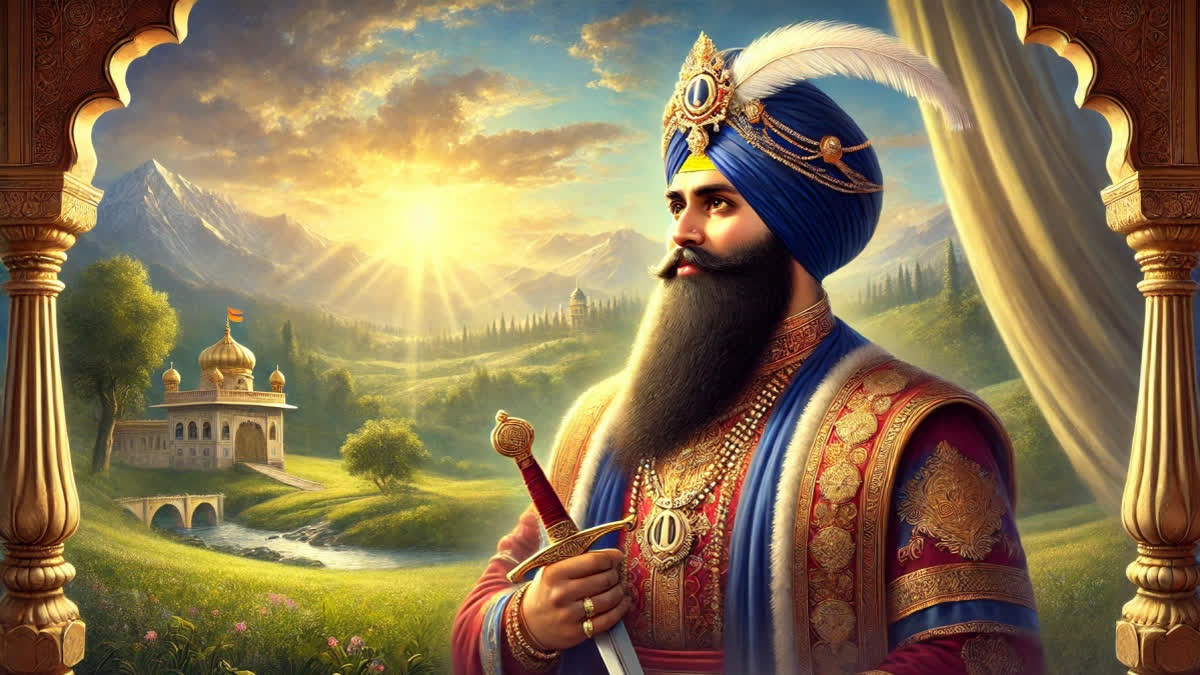Today, across the world, Sikhs and admirers of Guru Gobind Singh celebrate the birth anniversary of the tenth Sikh Guru. Born on January 6 in 1666, Guru Gobind Singh was no ordinary leader. He was a visionary warrior-poet, philosopher and spiritual guide.
At the age of nine, he assumed the mantle of Guru after the martyrdom of his father, Guru Tegh Bahadur. Guru Gobind Singh’s life was one of profound purpose and sacrifice, marked by the creation of the Khalsa in 1699: a brotherhood of the pure dedicated to righteousness and justice.
His words, preserved in texts like the Dasam Granth, resonate across centuries:
“I came into the world charged with the duty to uphold the right in every place, to destroy sin and evil... the only reason I took birth was to see that righteousness may flourish, that good may live, and tyrants be torn out by their roots.”
These are not merely words of war but a call for action against oppression, urging us to defend truth and humanity in times of crisis.
The day is marked by vibrant festivities and solemn remembrance. Gurdwaras (Sikh temples) across the globe reverberate with the sacred recitation of Akhand Path, a continuous reading of the Guru Granth Sahib. Devotees participate in kirtans(hymn singing), community feasts known as langars, and processions, where the Sikh flag (or Nishan Sahib) flutters proudly.
Guru Gobind Singh’s Teachings
The Guru’s ideals of equality and justice are as relevant today as they were over three centuries ago. He abolished distinctions of caste, creed, and gender within the Sikh faith, embedding equality at the heart of the Khalsa. His command to embody “Deg Tegh Fateh” (victory to charity and arms) remains a clarion call to protect the weak while promoting selflessness.
In an era fraught with division and discord, Guru Gobind Singh’s words remind us of the unifying power of compassion:
